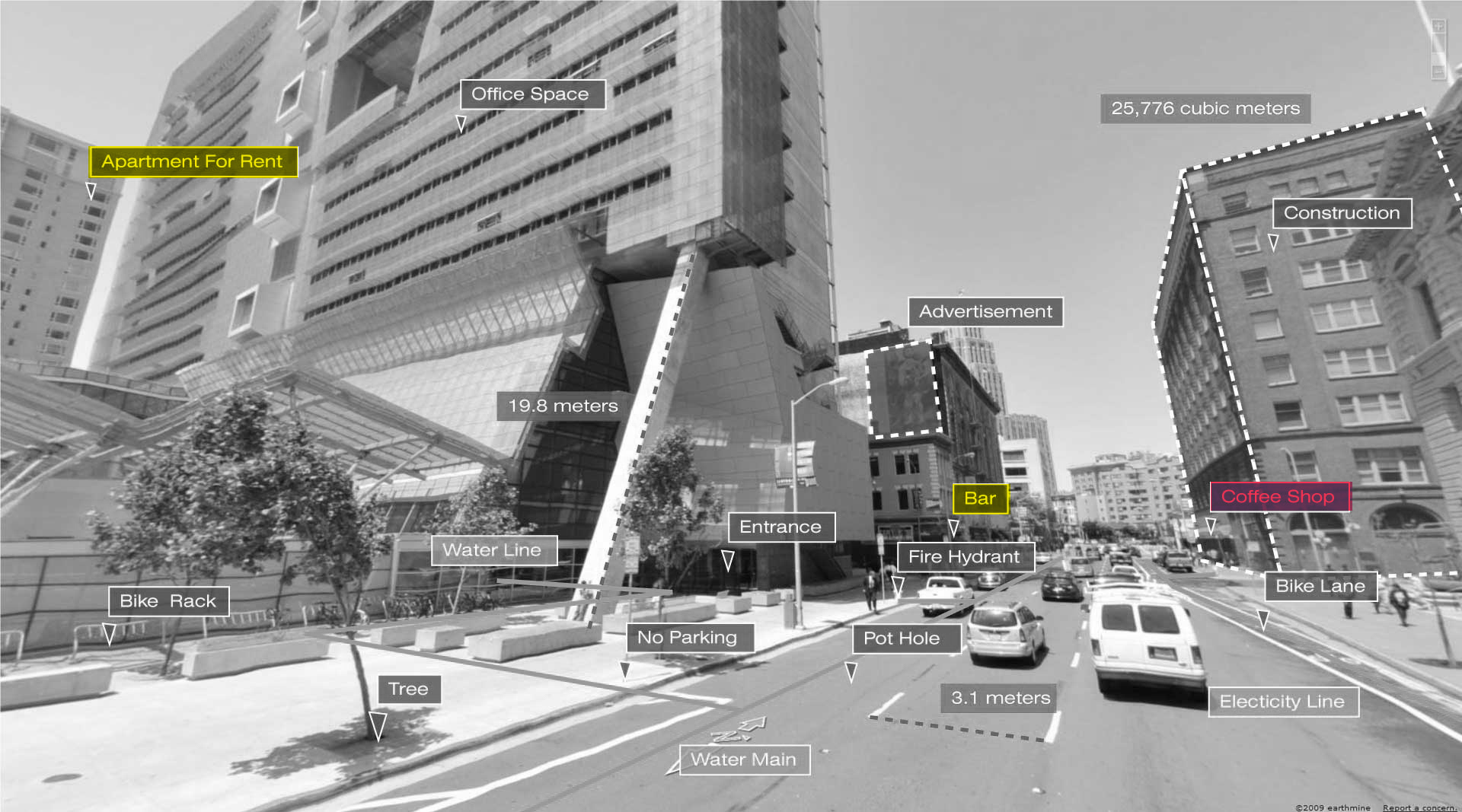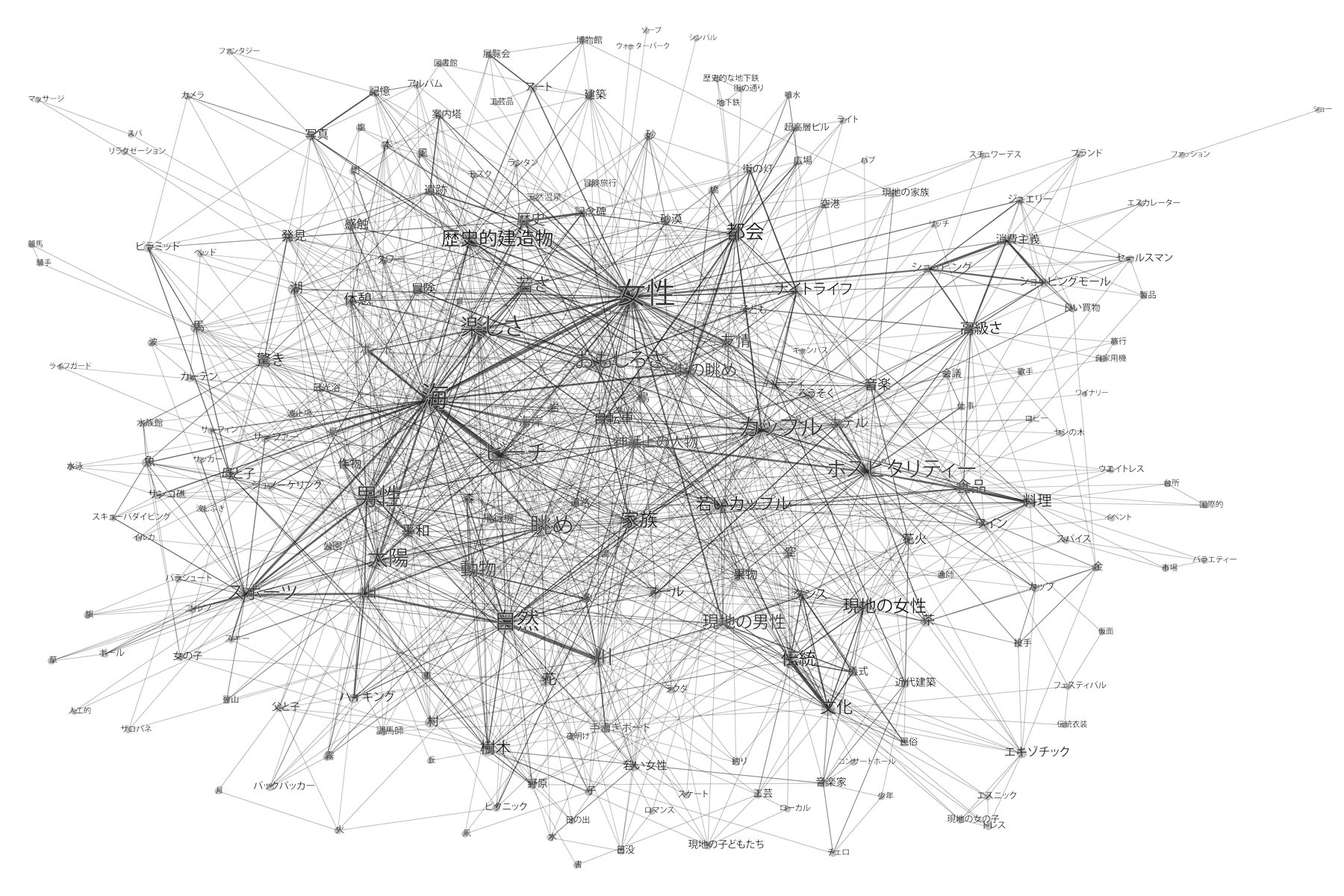Tokyo Social City Software
Post-tsunami Urban Tourism
— Re-introducing Locality and Urban Navigation —
 The Opportunity (Connecting Local to Global).
The Opportunity (Connecting Local to Global). Problem Finding.
Problem Finding.> After the March 11 earthquake and tsunami, Japan’s tourism industry faced a difficult period with large impacts on local economy. The events brought about many challenges and one of the main concerns was to re-start tourism and re-introduce connectivity in the locality to foreigners. This project attempts to re-configure the ‘tour guide’ in the 21st century through the eyes, knowledge, and experiences of the locals.
 This research project is based on the Inductive & Intuitive model to enable a co-creating process that involves the designer to learn alongside the client to develop solutions suited for client as well as end-user needs.
This research project is based on the Inductive & Intuitive model to enable a co-creating process that involves the designer to learn alongside the client to develop solutions suited for client as well as end-user needs.Shared views of the designer and the industry partner helped with envisioning the future based on mutual insights of the world and key understanding of the subject matter.
> Using the Inductive & Intuitive model, a design campaign originated from this research entitle Tokyo Social Software, which proposes an urban system for re-starting tourism and re-introducing physical and psychological connectivity with the city to foreigners.
Key words: Social software;
Urban system;
Local connectivity
 Concept.
Concept. Recommendations by User Type.
Recommendations by User Type. Interconnected & Built Experiences.
Interconnected & Built Experiences. Tour Glass.
Tour Glass. Physical & Digital Interactions.
Physical & Digital Interactions. View through the Tour Glass.
View through the Tour Glass.Organisation + [Credits]
Japan National Tourism, [Idrees Rasouli]
Role + [Team Size]
Co-Investigator, [4]
Date + [Duration of Involvement]
2012, [3 weeks]
Client + [Project Location]
Soft Bank, [Tokyo, Japan]
Status + [Project Type]
Proposal, [New Product Innovation]
Brief + [Challenge]
Re-starting Tourism Post-tsunami, [Disruptive Market Innovation]
Collaborators [Research & Design]
Co-Investigator, Hayoon Na, Akika Hirai, Alicja Pytlewska